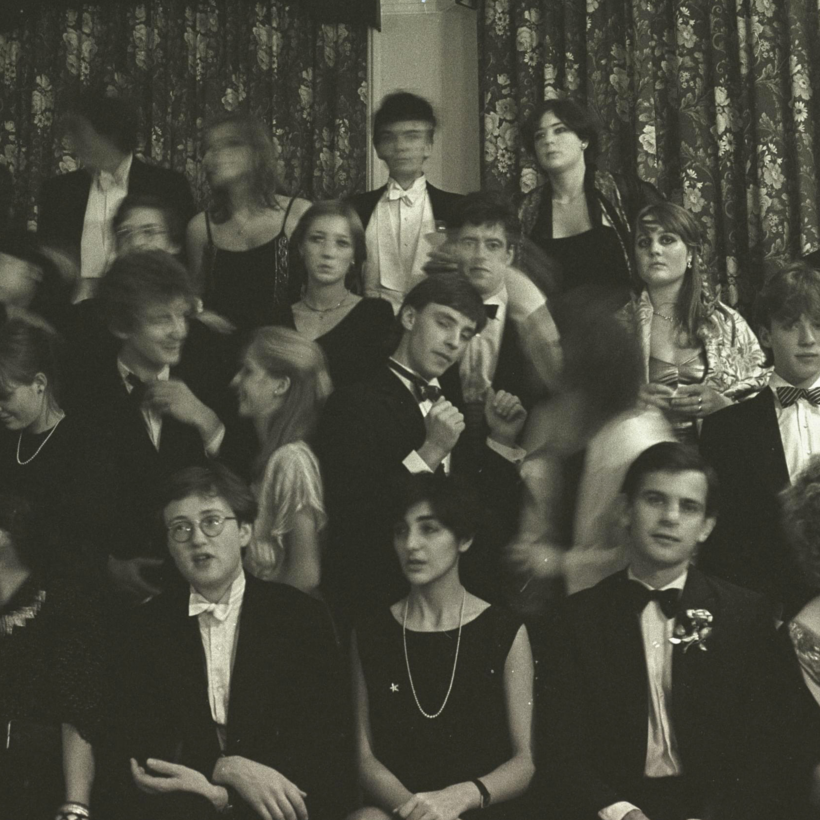and Sam Friedman
Many of the members of the British elite interviewed by Sam Friedman and Aaron Reeves for their superb new book on the subject stiffly refuse to accept that they belong to any such thing. “I’m just a chap sitting in a little house in a suburb whose life is … normal,” one powerful businessman protests. “Complete rubbish,” scoffs Henry, a senior commercial lawyer. “I have never considered myself to be one of the elite.”
The authors gloss this statement with the illuminating information that Henry is an alumnus of a prestigious boarding school, counts “a former chancellor of the exchequer and several members of the royal family” among his network of acquaintances and has a net worth of more than ten million pounds. He received the authors in the drawing room of his “seven-bedroom Bloomsbury townhouse,” sitting in front of an enormous portrait of himself.

